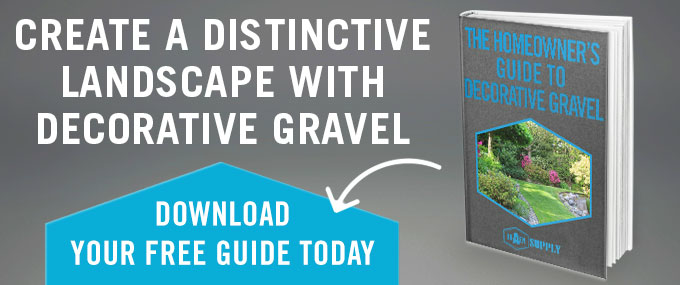6 Common Misconceptions About Stone Facades
For decades, creating a stone facade has been an effective way for modern homes to truly stand out. A stone facade can improve the attractiveness of your home, increase its value, and actually make you feel like you’re living in a brand new home without the obvious expenditures of purchasing one.
Unfortunately, there have been quite a few misconceptions about stone facades that have made the rounds amongst certain homeowners over the years. These have often deterred homeowners from installing one, or have at least delayed their plans. Misconceptions should never hold you back from any type of redesign, so we thought it was important to cover a few of these to put your mind at ease.
Types That Are Available
Before we get down to the nitty-gritty of stone facade misconceptions, let’s take a quick look at the five different types of stone facades for you to choose from:
- Full Stone — Utilizing large stones that can be cut and shaped into the design you want, this option displays the entire stone.
- Thin Stone — In situations where full stone won’t fit, thin stone can be installed instead, and at a lower price point.
- Cultured Stone — This mass-produced stone is available in several colors and offers a cost-effective option.
- Full Brick — This low-maintenance choice is available in a wide range of styles and will add value to your home.
- Thin Brick — With this stone face choice, you get the appearance of full brick when you don’t have enough room for full brick.
Common Misconceptions
Now that you know which basic types of stone facade are available to you for installation, let’s take a look at a few of the misconceptions that you may have come across over the years, shall we?
Stone All Looks the Same
This is an odd misconception that a lot of homeowners seem to have and we’re not really sure exactly where it comes from. Like most things when redesigning a home, there are plenty of different choices that you can make. In fact, if you read through the different types of stone that we listed above, you’ll see that you have a variety of appearances in style, textures, and colors with some of the selections.
Stone Is Too Expensive
Whenever you decide to take on any kind of landscaping or home improvement project, the cost of such a project is obviously going to be an important factor. Therefore, we don’t blame you at all for thinking that the installation of a stone facade will set you back a great deal of money, especially given how spectacular they look. But, while there are expensive types of stone facades there are also types to fit basically any budget. This means you can still get a beautiful result without breaking the bank.
Stone Is Difficult to Maintain
This is another misconception that people sometimes seem to have, but it’s also one that doesn’t really seem to have much of an origin. It probably stems from the fear that you’re going to spend money on something that can be marred due to either wear and tear, neglect, or carelessness. The truth is that stone is pretty darn easy to take care of and even if there are cosmetic issues caused by interior or exterior forces, you can easily have them redone for a small fee or typically do it yourself.
Stone Is Yesterday’s Design
This specific misconception actually cracks us up a little bit. It seems that many homeowners are concerned with spending money on a project and then having that change suddenly become old news. But, this isn’t like purchasing a new computer, where there’s going to be a brand-new model out the following year. Even stone facades that have been installed for decades keep their value and appearance, and are just as popular now as when they were put in. Each type of stone facade provides a look that definitely won’t go out of style in your lifetime.
Stone Won’t Add Value
This is yet another misconception that doesn’t really make any sense, but the fear itself actually does. After all, not only is your home the place where you live and want to be proud of, but it is also one of the biggest investments that you’ll ever make in your lifetime. Whenever you make such a big change to your home, such as the installation of stone as part of a reinvigoration project, you want to know that it will increase your home’s overall value. It will certainly depend on a few different factors, such as how elaborate the design and installation is, but you’ll definitely see some added value.
Stone Doesn’t Last Very Long
No matter how much a homeowner invests in a stone facade or other type of home improvement project, they definitely want it to last as long as possible. There is a misconception floating around out there that stone facades don’t last very long, but this isn’t true. In fact, once you’ve had a stone facade installed, it will last decades with very little maintenance, if any. Even lower priced stone facades are built with sturdy, reliable materials, so you don’t have anything to worry about. Like all things, the facade will deteriorate over time, but regular upkeep will keep it going strong for many years.
Purchasing Stone in New Jersey
Now that you’ve learned a little about some of the misconceptions involved with stone facades, there’s a good chance that you’re ready to proceed with your project. Once you’re ready to begin, reach out to Braen Supply for all of your material needs, plus our new landscape design services where we will analyze your project and act as a liaison with a reputable contractor. Our team of experts will assist you with every part of the landscaping process and will answer any questions you may have. Our materials are competitively priced and can be either picked up at our New Jersey location or delivered in bulk to most areas of NJ, NY, CT, and PA.

